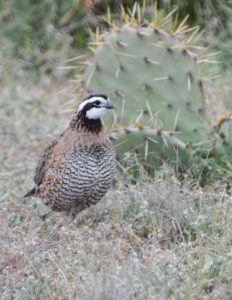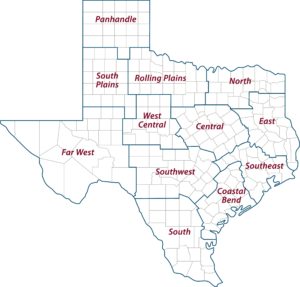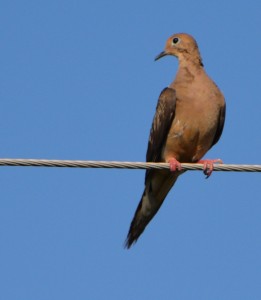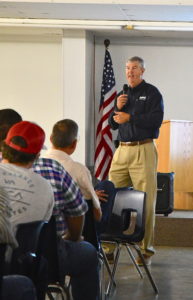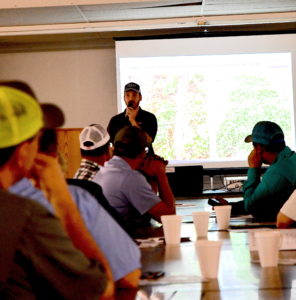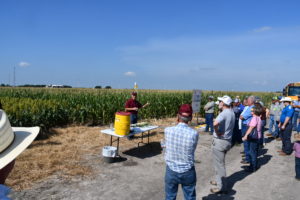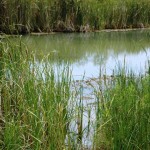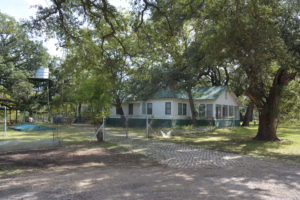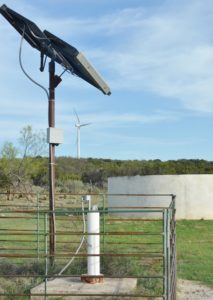- Contact: Ricky Thompson, 936-560-7711, r-thompson@tamu.edu
NACOGDOCHES – A continuing education course for agriculture producers, workers, landowners and ranchers will be held Nov. 7 in Nacogdoches.
Registration begins at 8 a.m. inside the Nacogdoches Expo Center, 3805 NW Stallings Drive. The Texas A&M AgriLife Extension Service course begins at 9 a.m. and ends at 3 p.m.
Cost is $30 for attendees registered by Nov. 1 and $35 on the day of the event. Mail registration to the AgriLife Extension office in Nacogdoches County, 203 W. Main St., Nacogdoches, 75961.
Five continuing education units will be available, including one drift minimization, one laws and regulations, and three general. An agricultural trade show including vendors such as Heritage Land Bank, Rozell Sprayer Manufacturing Co., Express Scale Services, Shelby Savings Bank and more will be onsite during the program.
A barbecue lunch will be provided.
Speakers and topics to be discussed include:
– Dr. Allen Knutson, AgriLife Extension entomologist, Dallas, Controlling Pasture Insects.
– Daniel Mielke, Corteva Agrisciences representative, Rudolph, Wisconsin, Herbicide Recommendations and Updates.
– Dr. Barron Rector, AgriLife Extension range specialist, College Station, Herbicide Application.
– Dr. Don Renchie, AgriLife Extension pest management program director, College Station, Pesticide Laws and Regulations Updates.
– Dr. John Tomecek, AgriLife Extension wildlife specialist, Thrall, Predator Management, including M-44 and Livestock Protection Collars.
“This event is a great opportunity for applicator license holders to get five CEUs and hear from some the top scientists in pest and weed management,” said Ricky Thompson, AgriLife Extension agent, Nacogdoches County.
-30-
The post Integrated pest management CEU program set for Nov. 7 in Nacogdoches appeared first on AgriLife Today.
